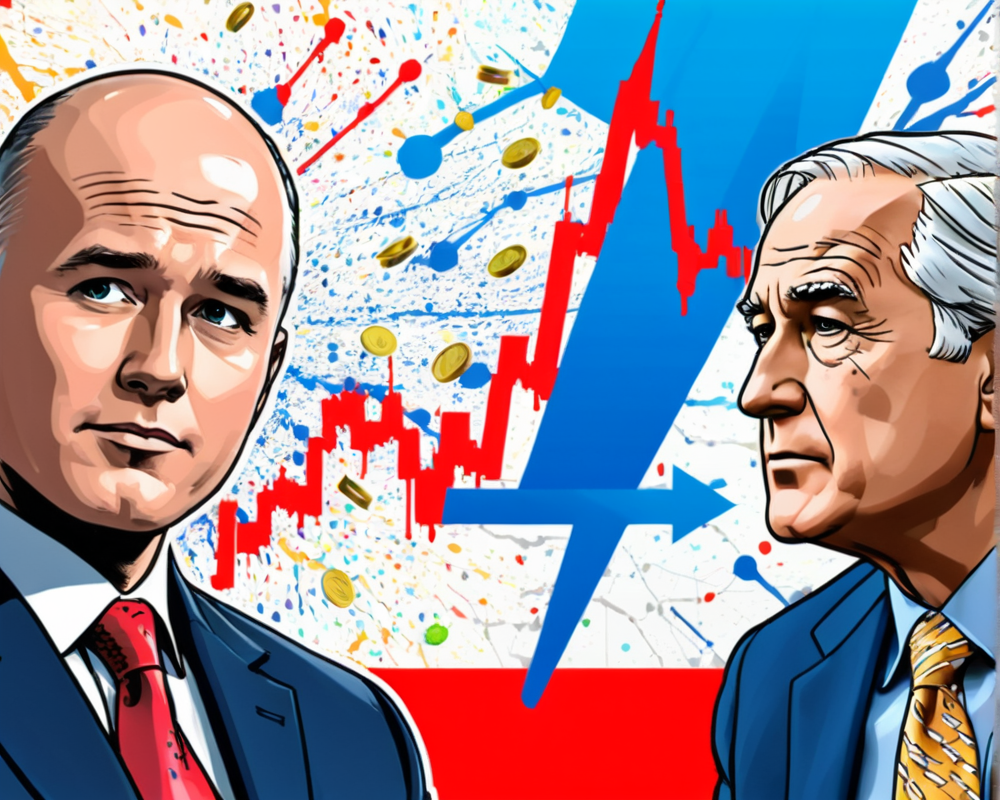The Clash of Definitions
In a head-scratching twist of events, Coinbase and the Wall Street Journal (WSJ) are embroiled in a classic case of ‘he said, she said’ over their definitions of proprietary trading. Imagine two people at a party arguing whether a pear is actually a fruit or not—only here, we’re talking about millions in crypto and some seriously sharp pens on Wall Street.
Breaking Down the Allegations
According to the WSJ, a hefty $100 million transaction conducted by Coinbase was a test trade, orchestrated by the company’s newly formed Risk Solutions group that has allegedly been acting in a capacity akin to proprietary trading. Now, proprietary trading—just to throw some jargon around—is when institutions use their own funds to trade, aiming for profit, as opposed to merely collecting fees from clients. This is not illegal but raises eyebrows like a magician’s assistant in a disappearing act.
Coinbase’s Response
In a bold move reminiscent of David standing up to Goliath, Coinbase hit back with a blog post declaring, “we do not operate a proprietary trading business or act as a market maker.” That’s right, they threw down some serious words, asserting that the WSJ mistook client-driven activities for the infamous proprietary trading. And who could blame them? It’s a slippery slope, my friend.
What They Really Do
Coinbase explained its Risk Solutions group offers tools to institutional investors dabbling in the crypto waters—think of them as lifeguards on the beach of digital currency. They help clients maneuver risks and engage in protocols while swimming through the murky depths of crypto assets. However, the WSJ claims that Coinbase leveraged that $100 million for self-serving gains within the volatile crypto markets. Talk about a plot twist!
The Powerful Words from the CEO
Adding fuel to the fire is Alesia Hass, the big cheese (CEO and CFO) of Coinbase’s U.S. operations. She previously testified before Congress that the company absolutely does not engage in proprietary trading. Let’s just say her testimony has become a bit of a hot potato, especially since the WSJ is waving it around like a trophy.
What Does It Mean for Investors?
Although engaging in proprietary trading might be the talk of the town, it’s not inherently illegal. However, it does create potential conflict of interest—what if Coinbase trades against its clients’ interests? Yikes! The marketplace remains on its toes, and institutional investors are keeping their ears to the ground.
The Bottom Line
With both sides standing firm, only time will tell who comes out on top. In the meantime, investors might want to keep their eyes peeled for further developments. Just remember, in the world of crypto and finance, definitions might just be as fluid as the market itself. Hold onto your hats!















+ There are no comments
Add yours